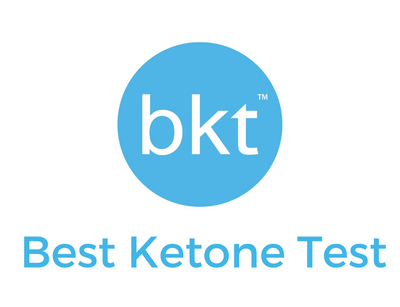Common Myths About Keto Diet Debunked
October 13, 2021
The ketogenic diet, or simply known as keto diet, is one of the best diet strategies for those looking to achieve permanent weight loss. Unfortunately, there are plenty of misconceptions about this type of diet. Even scientific studies about this type of diet are quite polarizing with some attesting to its health and weight loss benefits, and others criticizing its potential risks.
But if you want to achieve the true health benefits of a ketogenic diet, it must be done the right way! The use of a ketogenic tester is one of the best ways to keep track of results and to ensure that you are getting the benefits you should. Aside from keeping track of your ketone levels at home, it is also about educating yourself about this diet.
Here is a list of common myths about the ketogenic diet and facts to debunk them.
Myth 1: Ketogenic diet is a high-protein diet.

This is the most common myth that people have about the keto diet, although it is far from reality. While protein is a huge component of the keto diet, it is important to consume it in moderation. Calories should still be moderated so you have to watch the amount of protein intake, as well. Fiber is another factor to take into account. When you consume too much fiber in your diet, it could prevent you from achieving the state of ketosis.
Myth 2: Ketogenic diet does not limit fat intake.
Being on a keto diet does not permit you to intake as much fat as you can. There are different types of fat, such as trans fat, which should be avoided (especially in high amounts). For best results, you need to aim for saturated fats from butter, MCT oil, and coconut oil.
Myth 3: Keto diet is only designed for those aiming to lose weight.

While weight loss is one of many benefits you can get from a keto diet, it has many other benefits to offer. Fat burning and weight loss are two of those. The benefits of this type of diet can also include normalizing blood sugar level, boosting digestive health, reducing risks for diabetes or heart disease, and regulating production of hormones.
Myth 4: You can reach ketosis in two weeks’ time.
Adapting this idea when you embark on a ketogenic diet is wishful thinking. Even a month is not enough time to achieve the ketosis level on your body! Your body has to go through the adaptation period wherein you are prompting the body to use fat as a fuel source. This can span anywhere from 4 to 6 weeks.
Since the body typically uses sugar as fuel source, it can take some time for it to switch to using fat instead. As your body transitions, you can expect low energy, headaches, fatigue, bloating, and general weakness. It is important to use a ketogenic tester to determine if you have met your target.
With all the myths floating around, it can be easy to believe the wrong information. Now that you know the facts behind the myths, you can be confident to pursue this diet and enjoy the benefits that you can get from it. It is also important to test yourself regularly to maintain the right ketone levels in your blood. For that, you can try the Ketonian Ship Saver Kit.
This ketogenic tester kit has everything you need to monitor your blood ketones and on your blood glucose. You can also get other kits such as the Best Ketone Test Blood Ketone and Glucose Meter. Each of these testing kits contain the same tools – BKT Blood Ketone and Glucose Meter, blood ketone test strips, blood glucose test strips, lancets, lancing device, and accessory bag.
Learn more:
Fruits that Won't Mess Up Your Ketone Testing
Do Exogenous Ketones Help with Ketosis?
You can learn more about our products on the following pages of our website:Click to learn more about our Blood Ketone Meter
Click to learn more about our Ketone Test Strips
Click to learn more about our Ketone Blood Test Strips
Leave a comment
Comments will be approved before showing up.
Also in Best Ketone Test Blog
Get the latest updates and discounts.




